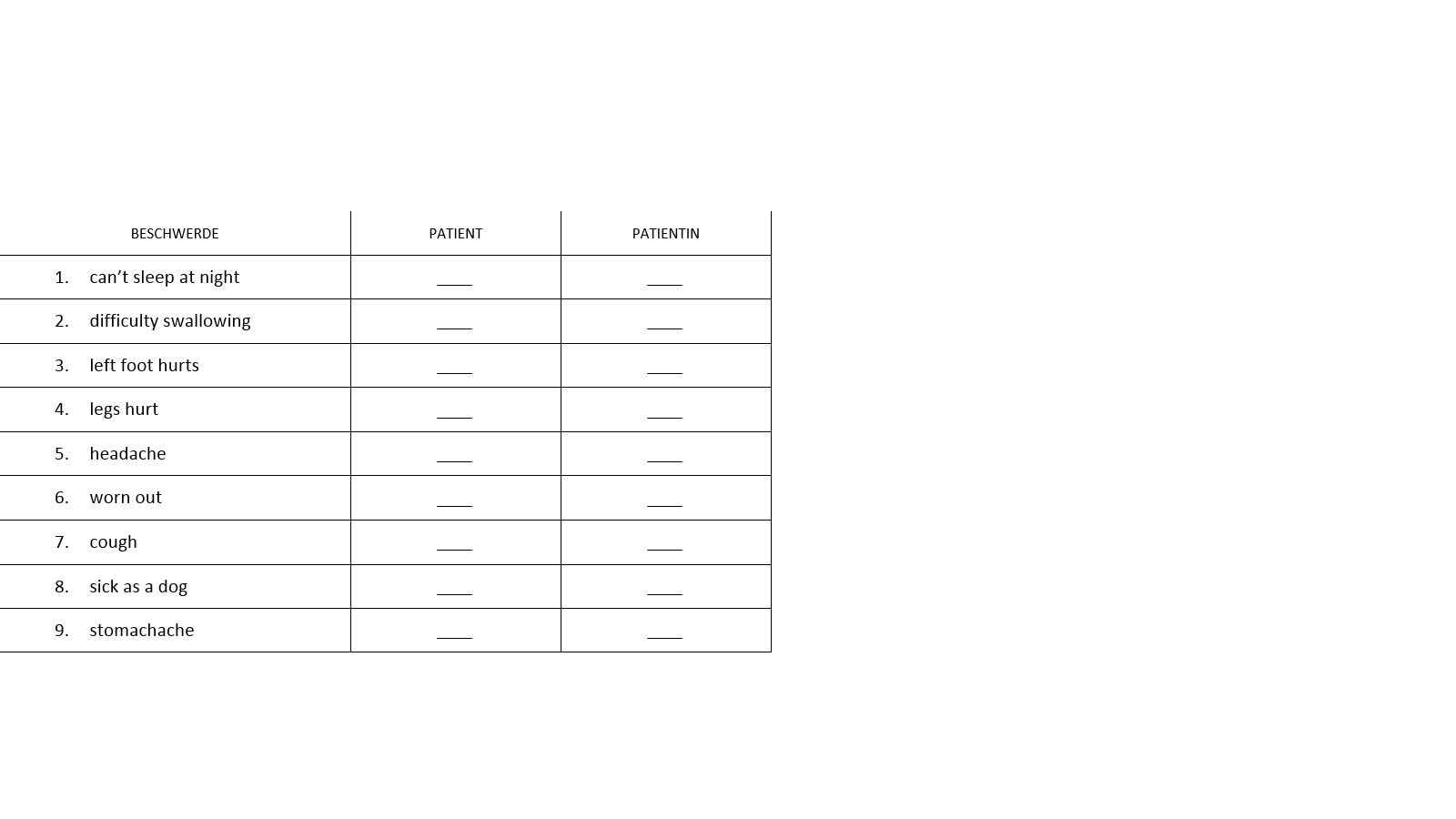Underline the incorrect helping verbs and -ing forms in each of the following sentences.
1. Mr. Reynolds been writing poetry for years.
2. The bus driver be watching for students on the street.
3. Vaughn been worrying about his test grades.
4. If James not listening, he might get lost.
5. Mark is not here; he be going to work.
1. been writing;
2. be watching;
3. been worrying;
4. not listening;
5. be going
You might also like to view...
El organillero camina por las calles comprando ropa, periódicos y objetos viejos.
A. Cierto B. Falso
Answer the oral question, using complete sentence.
¿Bebe Ud. bebidas alcohólicas?
Human societies tend to come together precisely where water exists, of course. In places where it's plentiful, water seems less like a substance than an environment: People drink it, cook in it, bathe in it, wash wastes away in it, harness it for power, swim in it. Some 71 percent of Earth's surface is ocean water, and human bodies are about 66 percent water by weight, so that if we have, say, a
128-pound person, about 85 pounds of him or her will be water. If Earth amounts to a watery environment flecked by the landmasses we call continents, the human body amounts to a watery mass with significant proportions of other materials immersed in it. The purpose of the paragraph is a. to inform the reader how much water the human body contains. b. to compare the amount of water in the human body to that of the Earth's surface. c. to evaluate how important water is to human societies. The tone of the paragraph is a. objective. b. subjective. c. judgmental.
Ein Patient und eine Patientin beschreiben ihre Beschwerden (complaints). Wer nennt (names) welche Beschwerden?
